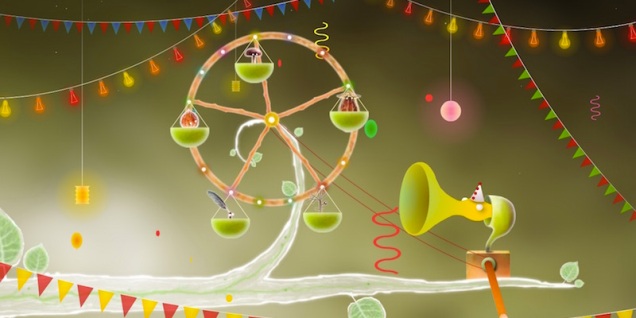
A couple years back, I wrote a dissertation on Heidegger and videogames. This was, from the outset, a contradictory endeavor. Heidegger would not have liked videogames.
Already in his lifetime, Heidegger did not like the cultural changes brought about by newly emerging digital technologies. “Cybernetics transforms language into an exchange of news,” he wrote in 1972, the very year Nolan Bushnell debuted Pong. “The arts become regulated-regulating instruments of information.”[i]
Moreover, Heidegger wasn’t big on moving-image culture, in general. He had no particular love for the cinema, which he saw as sapping our sense of the wondrous (das Er-Staunen, Heidegger’s translation of the Greek θαυμαστόν) in lived experience. “We might think in passing of all the extraordinary things the cinema must offer continually,” he writes, “what is new every day and never happened before becomes something habitual and always the same.” The uncommon acquires an “insidious habituality.” Genuine wondrousness is supplanted by manufactured spectacle.[ii]
In titling this category, I fought against a perverse desire for maximal irony: I didn’t call it “wondrousness.” I wanted to, though. Absent the burden of context, “wonder” is precisely the word I would use to describe the feeling these games provoke in me.
I chickened out, though. I went with the word “delight,” instead.


